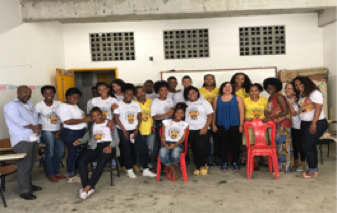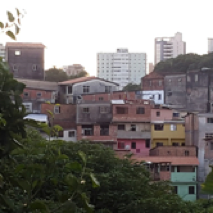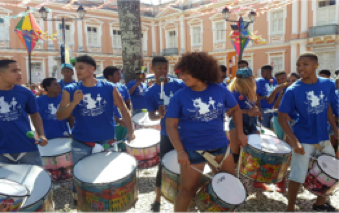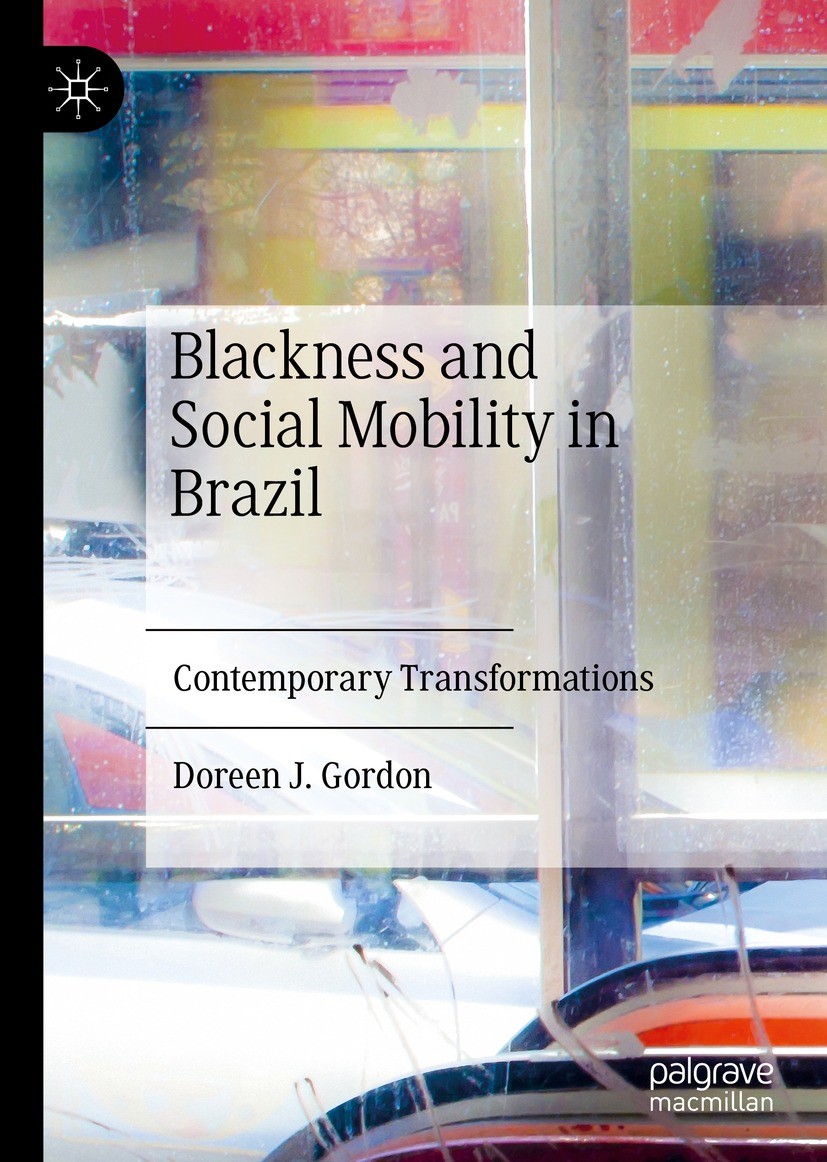Like Bush Fire (June 2016)
Male social participation and violence in urban Belize
Authors: Herbert Gayle, Virginia Hampton and Nelma Mortis
This book is based on the study “Male Social Participation and Violence in Urban Belize”, which was completed in 2010, Belize’s first comprehensive study of social violence. Born out of the Mayflower Street grenade attack on May 21, 2008, the study was designed to focus on urban violence. The 2,210 persons interviewed included school children, community members, police officers, government officials-and even members of the Crips, Bloods and MS13 gangs.
The study utilized a cocktail of qualitative, quantitative, participatory and integrated methods to create a research base that could inform policy changes necessary to secure the social order needed to take Belize through its post-independence transition. Six years later it becomes inevitable that this book would also critically asses the changes that have been effected in Belize by the Report. Clearly the energy that created the study remained high for a couple years; nonetheless, since then things have become worse, with Belize jumping from a top ten position to being among the top five most violent countries in the world. Five years later data from the Living Standards Measurement Survey (2015) suggest that the standard of living is not becoming better in Belize, with 50 percent of children and 43 percent of youth living below the poverty line.
Dr Gayle is also the director for Fathers Incorporated and Head of Department. He can be reached at herbert.sgayle@gmail.com.










